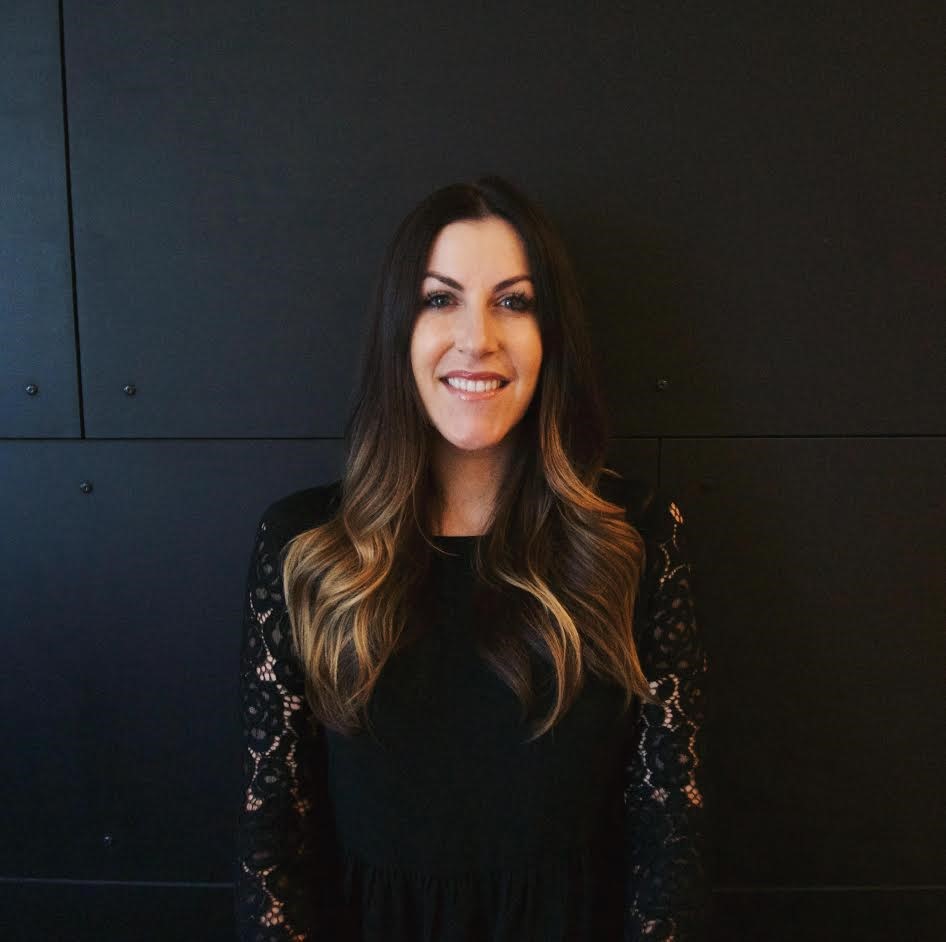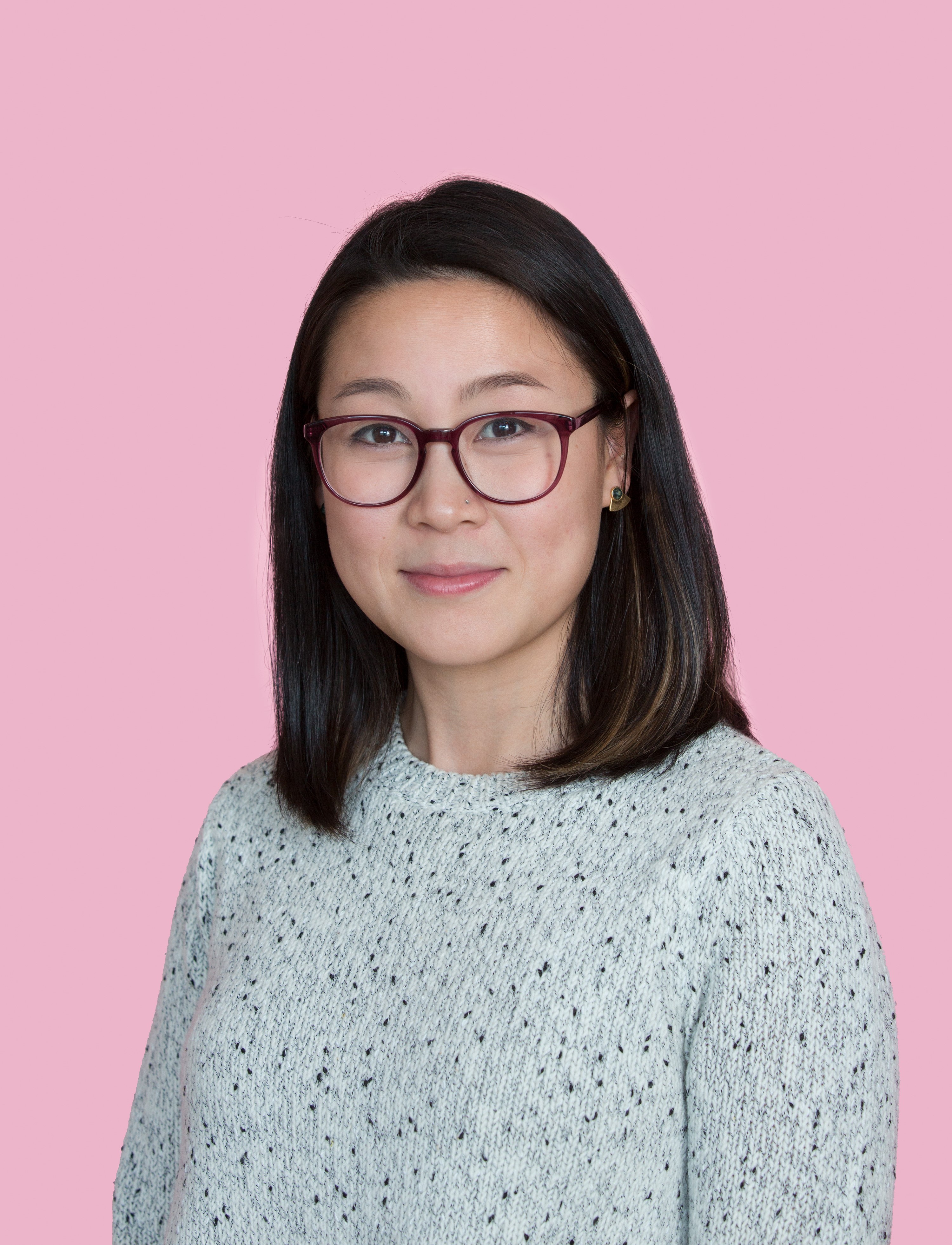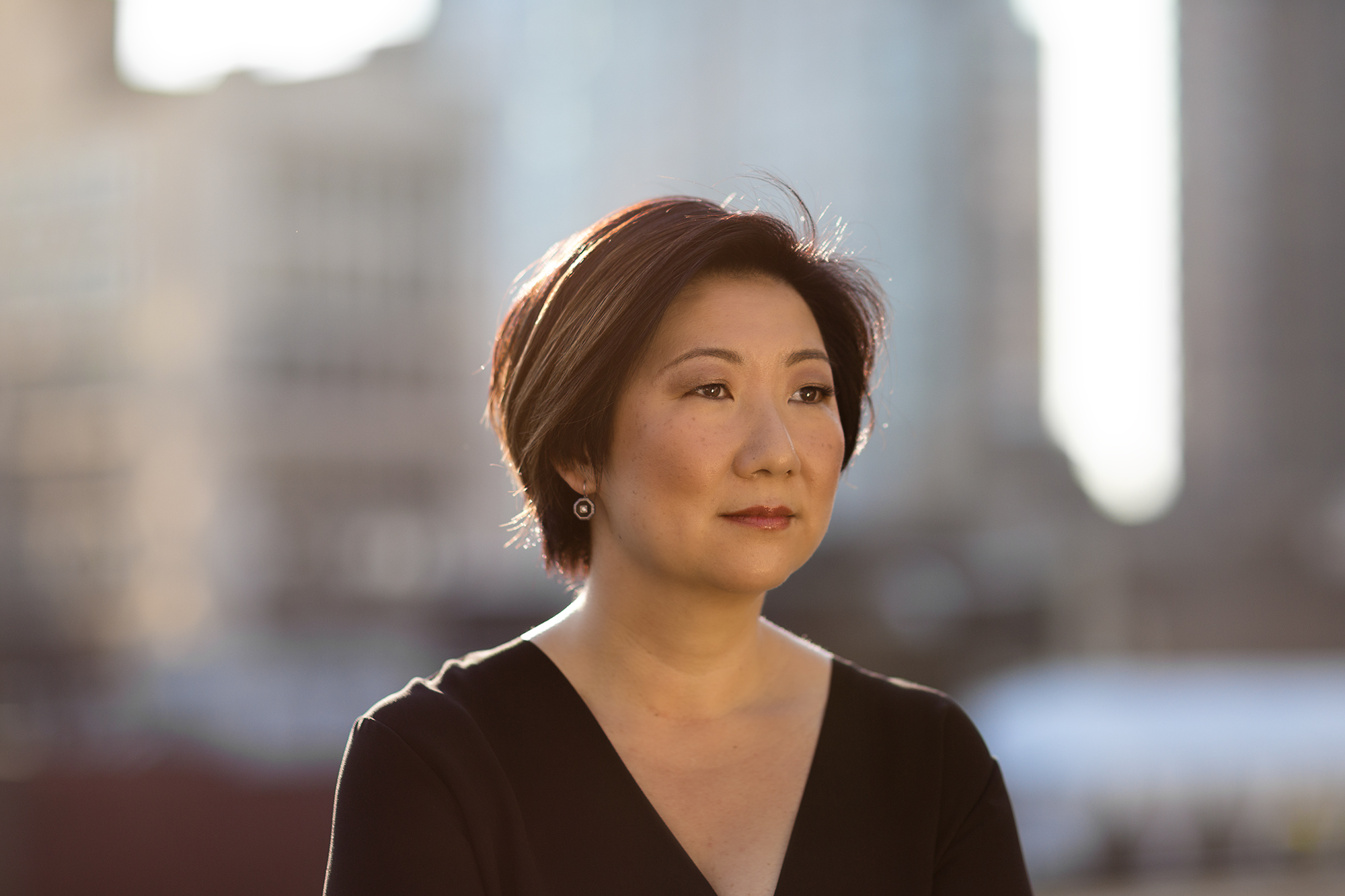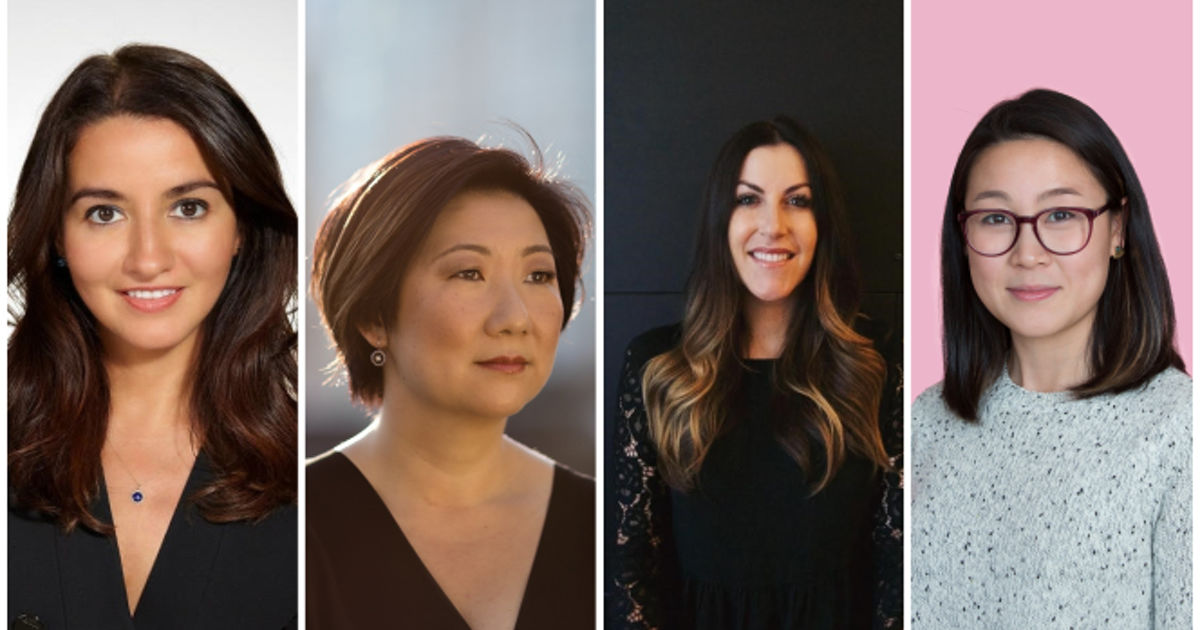Has the Commercial Production Industry Had its #MeToo Moment Yet?
Organisations such as Free The Bid are sparking necessary conversations and helping to drive change, but could the industry be doing more? Four insiders weigh in.
With the news that even Family Guy is getting behind the #MeToo movement, the global movement against gender bias shows no sign of slowing down.
But how is the commercial production industry answering the challenge? Is the answer truly just hiring more female directors and production support? Are award shows the right place to advocate for such causes? Four industry insiders ponder these questions, and more, below.
Nicolette Spencer, VP, head of content production, INNOCEAN 
Difficult conversations are being had [in the film and production industries] - more openly and often. A good friend of mine who is the head of a large production company confessed that he was pretty shocked by the movement. He sees nothing but women in power positions in production. A lot of EPs are female, a lot of senior level agency producers are female, and, from his purview, there was no lop side. He asked me what I thought of DMA, I told him I thought it had to exist. If there were appropriate mechanisms in place at these large organizations, it wouldn’t have needed to exist – but it did. But what about the innocent people that are falsely accused? I don’t know. What about the women who have been victimized and marginalized their entire careers? For the record, I’m not saying I agree with DMA, but do I appreciate why it came to be. I hope everyone is asking these questions and having these debates. It’s not about being right or wrong, but allowing the topic to continue to be discussed. In terms of actual change, slowly but surely, you’re seeing a shift. Free the Bid is no longer an outlier, but a given. So, progress is being made.
It’s not just about hiring more women, it’s about women having a louder voice, say and influence. Taking what women say into consideration is crucial in allowing them to rise up and be acknowledged in a male dominate industry. The point of having more female influence in advertising or creativity is so obvious that it pains me to spell it out. Women buy things too, ya know? Men have long been the deciders of how to advertise to me and to entertain me. Why? Do they know best? Maybe. There are brilliant men who have done this for all of time. But isn’t it okay for my own gender to have the opportunity to influence what we see, hear and are guided to feel about a brand or product?
The production industry needs to acknowledge the problem. Talk to people on set, in a callback, in a mix, and while you’re ordering your skim mocha white flat cold brew from the lovely runner at your overnight edit. Ask what they think about the #MeToo movement. Ask if they’ve ever experienced gender bias. Be prepared to listen.
As to whether award shows are the right place to advocate for such causes, I don’t believe there is a wrong time or place to advocate for women, period. If the industry is watching, then we should be talking.
Erica Kung, managing director, Stink Studios

The #MeToo movement has created a necessary mirror for all industries, forcing us to not just reflect on sexual harassment but holistically about the equal treatment of the underserved and underrepresented. It has brought to the forefront a consciousness of how we treat one another and the importance of elevating diverse voices and perspectives. This is especially true in the film and production industries that contribute so much to the cultural underpinnings of our society. And we cannot do this without committing to institutional changes that equal the playing field for women.
At Stink, this isn’t a new paradigm, but rather a reminder to continue to push for decisions that instill these values into our company ethos. We have historically done this by acts like participating early in the Pledge Parental Leave, actively ensuring equity and parity among our staff, and most recently, pledging to Free the Bid, a direct commitment to supporting established and unsigned women directors. And we do this because we recognize the importance of women in positions that can voice different approaches and perspectives for the betterment of the creative, the work, and ultimately, how our clients are represented in the world.
Zarina Mak, managing partner, PS260

Recent female-empowering movements like #MeToo and Free the Bid have aided the film and production communities in pushing towards equality and support for female directors, editors, producers and other production personnel, but there is still a lot of pushing that needs to be done. As evidenced by the unsettling number of cases of negative workplace cultures that have risen just in the last few months alone, it's proven that a lot more needs to be done, but this now also gives us the opportunity to really take a step back, think and reassess where we are and what we're doing.
The answer of getting things right in the production industry, and in any industry, isn't going to be easy or singular, but it's certainly not hiring or appointing female talent into higher positions simply because they're female, or putting down male co-workers who are in those positions; instead, it's about truly listening to all women in the workplace and creating an equal and safe place to work, where everyone is treated with respect and everyone's thoughts and ideas are heard loud and clear. Up until now, the conversation has been how do women elbow their way into C-suites amongst the men around them?
We also need to have the conversation about how we cultivate female talent so they are properly trained and prepared for those higher-level positions. It works the same way we train male counterparts - why should it be any different? At PS260, we hold culture and and diversity on a pedestal and work very hard to maintain a positive and inclusive work environment, and will continue to show our passion and commitment to advocating for equality in all facets of our work, including training and giving more opportunities to all of our burgeoning talent. They're the future of our industry, after all.
Gloria Pitagorsky, partner/managing director, Heard City

There is a combination of things that our industry can do to create a more inclusive and supportive environment for future talent in the wake of #MeToo.
Men have notoriously been honored and celebrated in a bigger way in many aspects of life: from playing the lead actors in most films, to being honored in commemorative statues in public parks and arenas, and so on. And though there are many accomplished women in our history, they are showcased far less then men. As such, all industries must commit to making changes to help combat this imbalance. In our industry, groups like Free the Bid, as well as mentoring and diversity-focused groups through She Runs It and AICP are a positive step in the right direction.
Within our own companies, we also must create a dialogue around these issues, because without a discussion around it, there will be no movement. At Heard City, for example, we’ve hosted several events for various groups including She Runs It, SLMBR PRTY and The Broad Exchange, to talk about issues surrounding diversity and equality, but also to simply discuss our craft.
Finally, it’s important that the female talent that’s behind all of the incredible work being celebrated within the award shows is honored in a more visible way, including female directors, VFX artists and sound designers behind the work. But this shouldn't be just for the sake of them being highlighted as females in a predominantly male industry; it should be because our work is ultimately better thanks to their backgrounds and the POV they bring. Overall, as an industry, we are both big and small, and by working together to commit to some of these changes and create a more external narrative around these issues, we will create an industry that future generations will be proud to be part of. Now that a light has been shed around these issues because of #MeToo, let's continue talking about it and put more initiatives in place so that no one has to say #MeToo anymore, in any industry.
Connections
powered by
- Agency Innocean USA
- Post Production PS260
- Production Stink Studios New York
- Sound Design Heard City
Unlock this information and more with a Source membership.
)






 Membership
Membership


